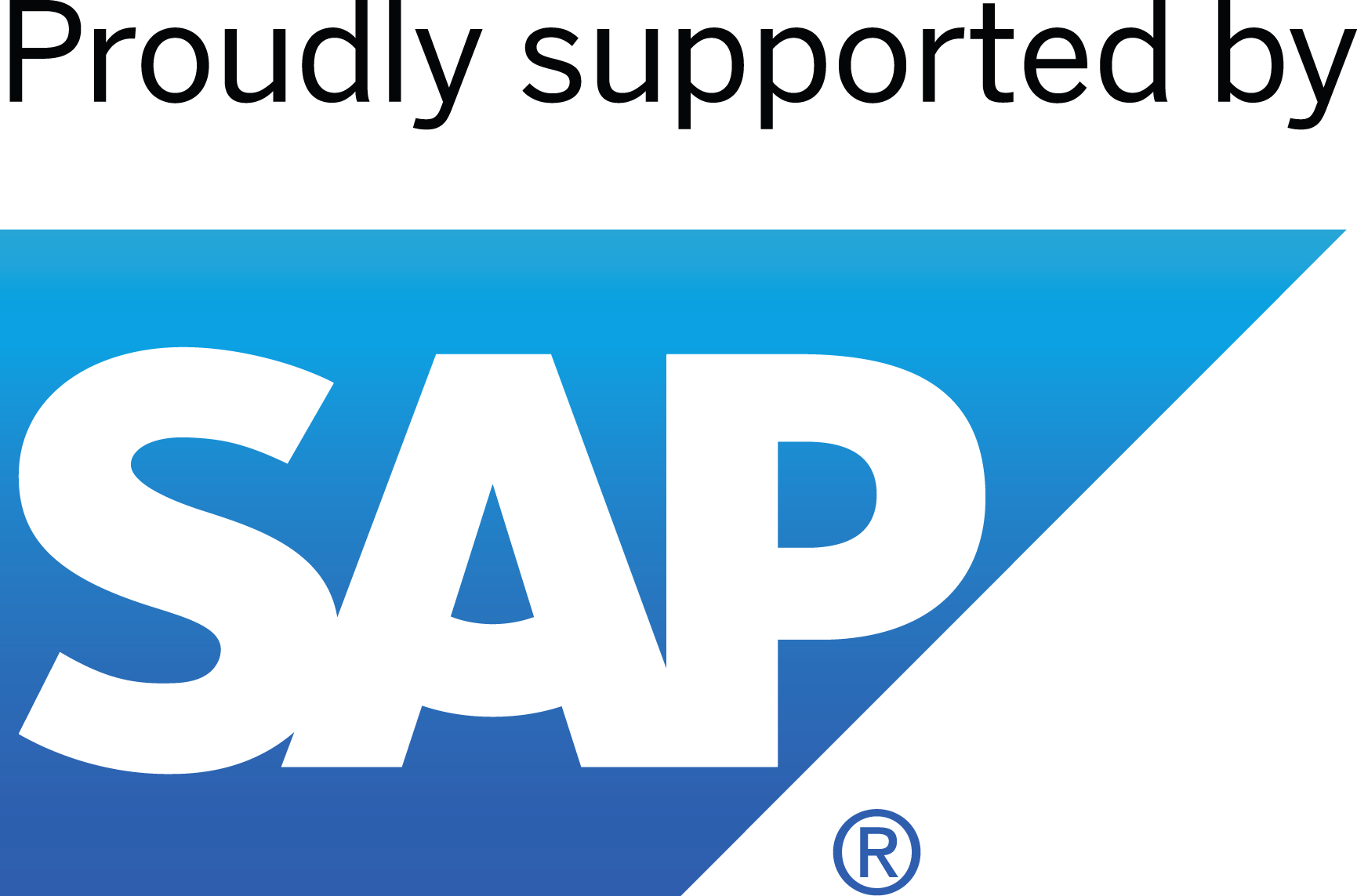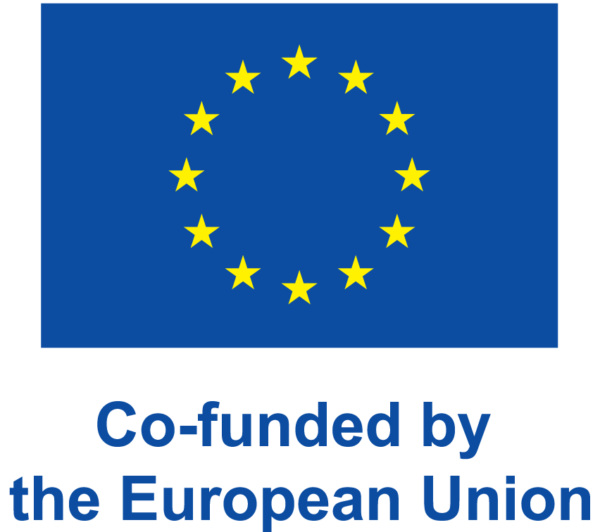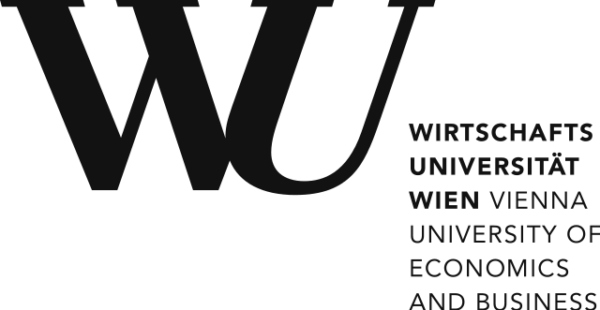Our Code of Conduct – How We Show Up
The expected and unacceptable behaviors throughout the SIA Summit.
1. Introduction: Why this Code of Conduct exists
The SIA Summit brings together a diverse, international community of young social innovators, partners, mentors, and supporters. To ensure that everyone feels safe, respected, and empowered, this Code of Conduct sets out the expected and unacceptable behaviors throughout the SIA Summit.
The Code translates our vision, mission, and values into everyday behaviors. It establishes clear standards for how we interact with each other and offers guidance on how to respond when these standards are not met.
2. Scope: Who the Code of Conduct applies to
This Code of Conduct applies to all SIA Summit participants – including winners, hosts, jury members, experts, mentors, alumni, finalists, partners, speakers, and the SIA team. It covers all spaces and interactions related to the Summit: workshops, sessions, networking events, informal spaces (e.g. in a bar after the formal program), accommodation, and online channels.
3. Our Shared Principles
Rooted in the SIA Manifesto, this Code reflects what we believe and how we aim to show up as a community. Our principles are the foundation of our actions. We value Respect and Inclusion, embracing diversity in all its forms. Every voice, language, and perspective adds richness to our community. We listen to understand and create spaces where everyone feels they belong. We believe in Collaboration and Empowerment, knowing that transformation happens together.
By sharing knowledge, amplifying each other’s ideas, and celebrating collective success, we strengthen our impact. We act with Integrity and Accountability, showing honesty and courage, taking responsibility for our actions, and showing up authentically. Guided by Openness and Learning, we stay curious and see mistakes as an essential part of learning by doing – understanding that growth is a shared journey, not a straight line. And we put Community First, creating supportive spaces where authenticity thrives and the wellbeing of people always comes before processes.
4. Expected Behaviors
At the Summit, we bring these principles to life through our everyday actions. Living our values means:
- Respecting each other – engaging with openness, curiosity, and empathy. We value different experiences and perspectives, and we take the time to understand where others are coming from. For example, when someone shares an approach or opinion that’s unfamiliar, we listen first and ask questions instead of jumping to conclusions. We also make an effort to connect beyond our familiar circles – introducing ourselves to new people, starting conversations, and fostering interactions that build genuine connections across the community.
- Creating inclusive spaces – being mindful of language, culture, and access needs; ensuring that everyone, regardless of background or confidence level, can take part fully. This might mean slowing down your speech for non-native English speakers, inviting quieter participants into the conversation, or checking whether a space is accessible for everyone.
- Acting with integrity – keeping our commitments, taking responsibility for our actions, and embracing mistakes as part of learning. We don’t fear failure; we own it, learn from it, and grow through it. If something doesn’t go as planned — like missing a task or making a comment that lands wrong — we acknowledge it, apologise, and use it as an opportunity to learn.
- Empowering one another – uplifting those around us, sharing opportunities, and helping create conditions where everyone can thrive. That could mean introducing someone to a potential collaborator, highlighting another person’s idea in a session, or stepping back to let new voices take the lead.
- Caring for our community – looking out for one another, voicing our needs, and contributing to spaces that feel safe, supportive, and grounded in respect. For instance, if you notice someone feeling excluded or overwhelmed, check in with them or let the Awareness Team know so they can offer support.
5. Unacceptable Conduct
Certain behaviors undermine trust, safety, and a sense of belonging and will not be tolerated at the SIA Summit or in related spaces. These include:
- Any form of harassment, exclusion, or discrimination that undermines dignity, equality, or a sense of belonging is unacceptable in our community.
- Verbal, non-verbal, or physical harassment, including offensive and hurtful jokes or comments, unwanted sexual advances, and physical contact without explicit consent.
- Disrespectful conduct, such as belittling or mocking others, and violating expressed boundaries.
- Breaches of trust, such as dishonesty, violating confidentiality, and misusing personal information.
- Violence or threats of violence, as well as any criminal behavior.
6. Accountability & Consequences
At SIA, accountability means taking responsibility for our actions and their impact on others. This includes recognising that while intention matters, ignorance is not an excuse for causing harm, and accountability requires active effort to reflect, improve, and rebuild trust. When the Code of Conduct is breached, our response will be guided by three principles: proportionality, fairness, and the opportunity for learning and repair.
Minor Breaches
Breaches that stem from misunderstanding, lack of awareness, or carelessness will not be met with punishment. Instead there will be an opportunity for accountability and growth. The goal is to reflect and learn together while ensuring that mistakes do not come at the expense of others’ safety or wellbeing.
Such cases will be handled through dialogue with the Awareness Team, external experts, or coaches. These may involve reflection, a clear commitment to change, or positive contributions to the community. The specific response will be considered on a case-by-case basis and the response will be guided by the principles of fairness and learning by doing.
Severe Breaches
Some behaviors cross a clear red line and will not be tolerated under any circumstances. These include intentional harm, harassment, discrimination, sexual harassment, violence, and criminal acts.
Responses may include immediate removal from a session or the entire Summit, and/or exclusion from future SIA activities. Cases involving violence, sexual harassment, or other criminal acts will be reported to the relevant external authorities.
7. Reporting & Support
A safe community depends on trust, which grows when people know that their concerns will be heard and dealt with properly. If you experience or witness behavior that goes against this Code of Conduct, there are several ways to report it:
- Direct conversation – If you feel safe, you may address the situation directly with the person involved. The Awareness Team can support or facilitate such conversations if needed.
- Awareness Team – Dedicated team members will be present at the Summit. They are available for in-person conversations, by phone, or through an online/offline anonymous form.
- Anonymous reporting – You can report without revealing your name. If you wish, you can provide contact details to allow for support and a follow-up.
Reports made in good faith will always be treated confidentially, respectfully, and no action will be taken against the reporter. Personal data will never be shared with the person whose behaviour is being reported. Please keep in mind that intentionally false or misleading reports can harm others and make it harder for us to address genuine concerns.
Process & Commitments
- Acknowledgement – every report will be received and taken seriously.
- Prioritising wellbeing – the safety and care of the person raising the concern comes first.
- Fair review – each case is reviewed by at least two team members to reduce bias and address power imbalances.
- Possible responses – may include facilitated dialogue, guided reflection, or escalation to safeguarding officers or, in severe cases, external authorities.
- Follow-up – Outcomes and next steps will be communicated to the person raising the concern to the extent possible, unless they explicitly don’t want this, while respecting privacy and confidentiality of everyone involved.












































